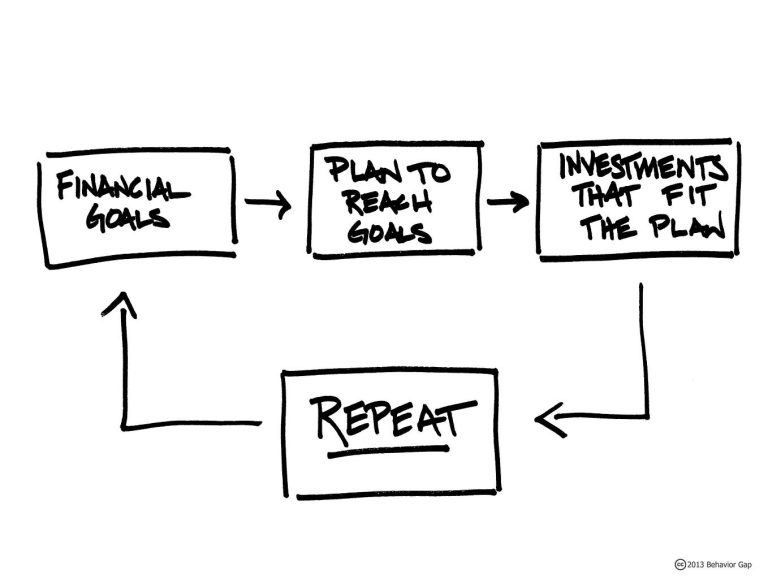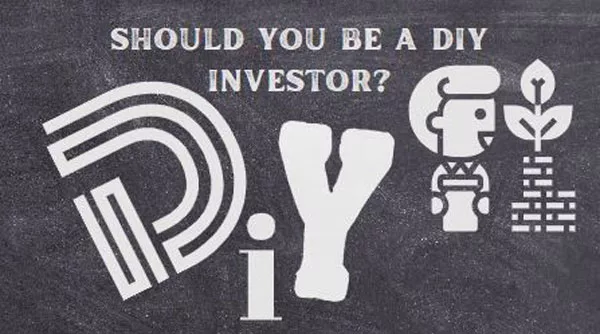Debt Management in Retirement: Keeping Finances as Relaxed as You Are!
Table of Contents
Introduction
Ah, retirement! The golden years where you can kick back, enjoy life, and… tackle that pesky debt? Yes, you read that right. As surprising as it might sound, managing debt during retirement is crucial.
But don’t worry, we’re here to make it as breezy as those beach vacations you’ve been dreaming of!
Understanding Debt in Retirement
The financial landscape changes as we transition into retirement. Gone are the days of steady paychecks, replaced by pensions or savings.
And while you might have thought your debt days were behind you, many retirees find themselves facing familiar foes: credit card debt, student loans, and mortgages.
Remember when the biggest debt was owing someone a favor? Ah, simpler times!
Debt Reduction Strategies: Making Your Money Work for You
Reducing debt is a bit like weight loss. There are different methods, and the best one is the one that works for you. Ever heard of the Snowball Method?
It’s about tackling small debts first to gain momentum. Then there’s the Avalanche Method, where you address high-interest debts first.
Whichever you choose, remember: it’s all about consistency. And no, chocolate isn’t a strategy (though we wish it was)!
Managing Credit Card Debt: Swiping Left on High Balances
Credit cards can be both a blessing and a curse. They’re fantastic for earning rewards but can be a nightmare when the balance keeps rising. The key? Avoid the trap of minimum payments.
They might seem convenient, but they’re a sneaky way of prolonging your debt journey. And here’s a pro tip: try negotiating for lower interest rates.
You’d be surprised how often it works! Remember, credit cards are great for collecting points, not debts.
Student Loans: Because Education is a Gift That Keeps on Taking
Believe it or not, many retirees are still grappling with student loans. Whether it’s from helping a grandchild through college or some lingering loans from your days on campus, these debts have a way of sticking around.
The good news? There are options like loan forgiveness or income-driven repayment plans. Who knew ‘higher learning’ would lead to ‘higher debts’?!
Mortgage Advice: Home is Where the Heart (and Debt) Is
Your home is more than just a building; it’s a treasure trove of memories. But for many, it’s also the source of significant debt. If you’re looking to lighten the load, consider refinancing.
It can lower monthly payments, but be wary of extending your loan term. And if you’re feeling adventurous, maybe it’s time to downsize or explore reverse mortgages. After all, home is where the heart is, not where the debt should be!
Embracing the Digital Age for Debt Management
The world’s gone digital, and so has debt management. With a plethora of online tools and platforms, managing your finances has never been easier.
And speaking of the digital age, ever thought of sharing your debt management journey on a blog?
With AI tools in 2023, you can share your insights, inspire others, and maybe even earn a bit on the side. After all, who said retirement was all about resting?
Conclusion
Retirement should be about enjoying the present and looking forward to the future. By taking control of your debts now, you can ensure financial freedom and peace of mind in your golden years.
Dive into debt management, and remember, it’s never too late to start. Cheers to a debt-free, sun-soaked retirement!
Frequently Asked Questions
What’s the first step I should take in managing my debt during retirement?
Start by listing all your debts, including amounts owed, interest rates, and monthly payments. This will give you a clear picture and help you prioritize.
I’ve heard about consolidating debt. Is this a good idea for retirees?
Debt consolidation can simplify payments and potentially reduce interest rates.
However, it’s essential to read the fine print and ensure you’re not extending the loan term too much, which could mean more interest over time.
How can I manage credit card debt without hurting my credit score?
Always make at least the minimum payment on time. Consider balance transfers to lower interest cards but be wary of transfer fees.
And don’t close old accounts; it can negatively impact your credit history.
Are there any specific programs or grants for retirees struggling with student loan debt?
Some federal student loans offer income-driven repayment plans that could reduce monthly payments based on your income.
Additionally, if you’ve worked in public service, you might qualify for loan forgiveness.
I’m considering downsizing my home to manage mortgage debt. What should I consider?
Think about the costs associated with selling your home, like agent fees and moving expenses.
Also, consider the emotional impact of leaving a family home and the potential benefits of a smaller, more manageable space.
How can I protect myself from debt scams targeting seniors?
Always be wary of unsolicited offers or pressure to make immediate decisions.
Research companies before doing business with them and never give out personal information unless you initiated the contact.
Can bankruptcy be a viable option for retirees drowning in debt?
While bankruptcy can provide a fresh start, it has significant consequences, like impacting your credit for years.
It’s essential to consult with a financial advisor or attorney to understand the implications fully.
How do medical debts factor into retirement debt management?
Medical debts can be overwhelming. Consider negotiating with providers or seeking assistance programs.
Remember, it’s essential to prioritize health, but there are often flexible payment options available.
I want to help my grandchildren with their education but have my own debts. What’s your advice?
It’s a generous thought, but it’s crucial to secure your financial well-being first.
Consider non-monetary support or explore options like federal PLUS loans, which are designed for grandparents and parents.
With the rise of AI and digital platforms, are there tools to help manage and track my debts?
Absolutely! There are numerous apps and online platforms that can help you track debts, create budgets, and even negotiate lower interest rates.
And if you’re tech-savvy, why not start a blog about your journey? It’s a great way to connect, share, and even monetize your experiences.
Is it wise to use retirement savings to pay off debt?
It’s a balancing act. While eliminating debt brings peace of mind, dipping into retirement funds can have tax implications. Always weigh the pros and cons.
How can I prioritize which debts to pay off first?
Look at interest rates and emotional impact. High-interest debts can spiral, but sometimes clearing a particular debt brings immense relief.
Are there risks to refinancing my mortgage in retirement?
Refinancing can lower payments, but it might extend the loan term. Always consider the long-term effects.
Can I still get debt counseling in retirement?
Absolutely! Financial advisors aren’t just for the young. They can offer valuable insights tailored to retirees.








